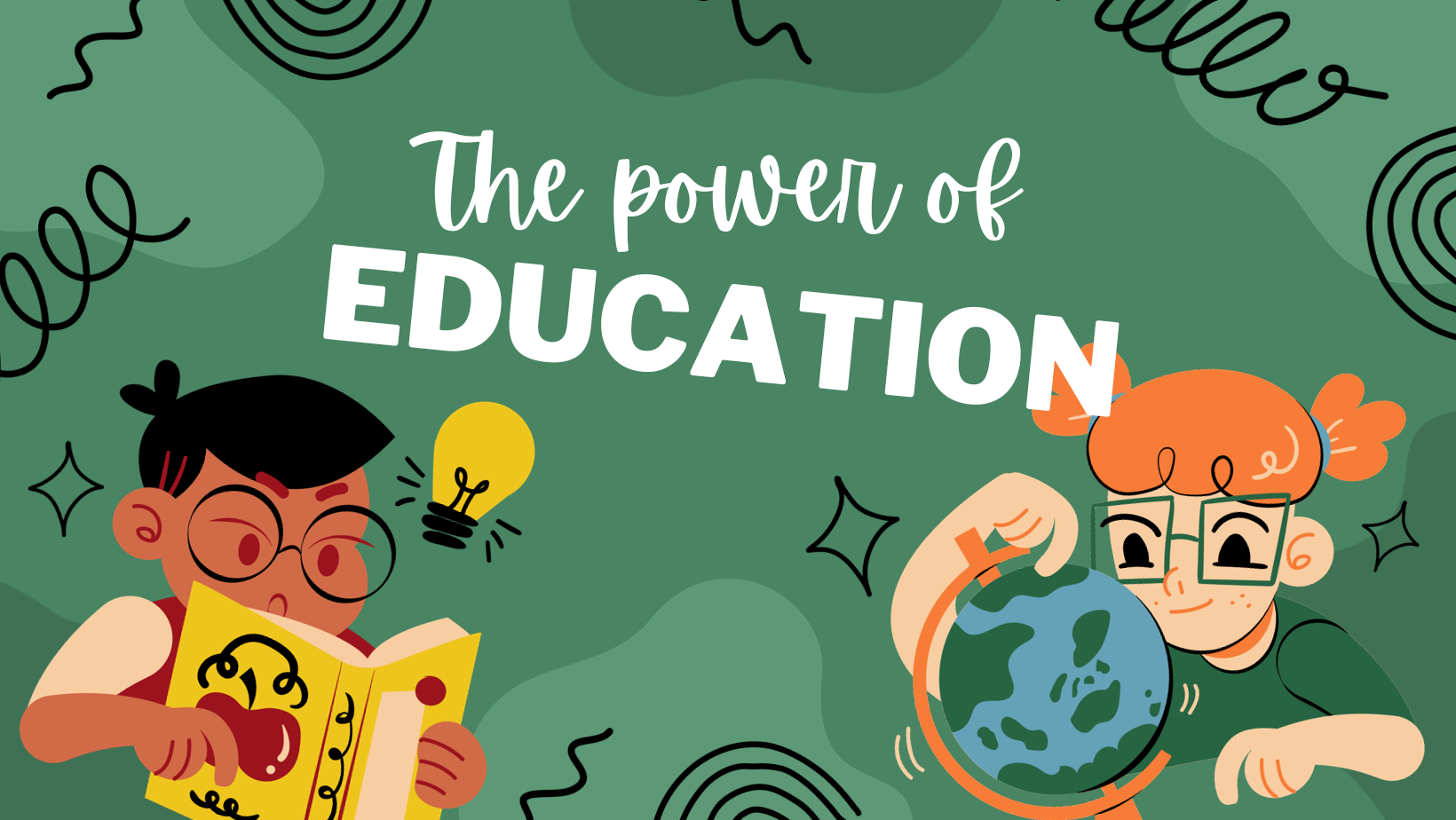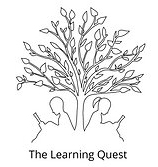
The Power of Education
Education is a powerful force that shapes individuals and societies, no debate there. It has the potential to unlock human potential, drive economic progress, foster social cohesion, and contribute to personal and collective well-being. However, the landscape of education is rapidly evolving, bringing both unprecedented challenges and opportunities.
We are all in agrement that Education is a transformative force that empowers individuals with knowledge, skills, and the ability to think critically. It enables personal growth and enhances economic opportunities, making it a key driver of upward mobility. Moreover, education promotes civic engagement, empathy, and global citizenship. In a rapidly changing world, it equips individuals to adapt, innovate, and thrive. It also plays a critical role in breaking the cycle of poverty, fostering gender equality, and reducing inequalities.
Yet traditional education systems or environments around the world face several challenges that given the nature and size of these systems, it is unlikely that it can tackle them soon or appropriately any time soon. But what are some of the challenges that have been identified?
Inequality: Educational disparities persist, with marginalized communities often having limited access to quality education, leading to social and economic inequities.
Standardization: Rigid curricula and standardized testing can stifle creativity and critical and creative thinking, promoting a one-size-fits-all approach that may not cater to diverse learning styles.
Technology Gap: Not all students have equal access to technology, leaving some at a disadvantage in a digitally connected world.
Teacher Preparedness: Teachers need ongoing support and professional development to adapt to new teaching methodologies and technologies. There seems to be a need to shift from teaching to facilitating. Don’t you agree?
Learner Engagement: Maintaining student interest and engagement can be challenging, especially with the proliferation of distractions in the digital age. But what if digital learning is not a distraction but rather a tool to channel students’ interests? Should we not ask students what their interests are?
Impact of Technology
Online resources and platforms allow for self-directed learning, giving students more control over their education. Learning about technology and how to make the most out of it is the sweet spot in the challenge zone where teachers, parents or guides (as facilitators) and learners can meet.
Learner-Driven or Self-Directed Learning
Self-directed learning empowers students to take charge of their education. It encourages curiosity, problem-solving, and lifelong learning. Learners can explore subjects they are passionate about and work at their own pace. This approach fosters critical and creative thinking and self-motivation. But don´t take my word for it. Try it. Ask your students, children, or nephews/nieces to choose a project they can work on (Project-based learning). Listen to their interests, encourage them and ask them to present what they learnt about it. You will see.
Opportunities to Make Education Better
Personalization: Education can be tailored to individual needs and interests through adaptive learning technologies. Personalized learning paths can help students reach their full potential.
Teacher Development: Ongoing professional development for educators is essential to help them integrate technology and innovative teaching methods (and theories) effectively. There is also a need for a mindset change, in the sense that it is no longer about teaching but rather about enabling learning. Keeping intact and fostering the children’s natural curiosity to see where it leads them.
Global Collaboration: Technology enables global collaboration, allowing students to learn from diverse perspectives and cultures. We are all closer together, we are all meeting with the same purpose. We are all curious.
In conclusion, education remains a potent tool for personal growth and societal progress. However, the challenges and opportunities that present today, and will continue to present, as changes are happening more quickly than ever, require a shift in the traditional education paradigm. Embracing technology, promoting self-directed learning, and addressing inequalities are keys to enhancing the power of education in a rapidly changing world. With the right approach, education can continue to empower individuals and transform societies for the better.
SITEMAP
SUPPORT US


